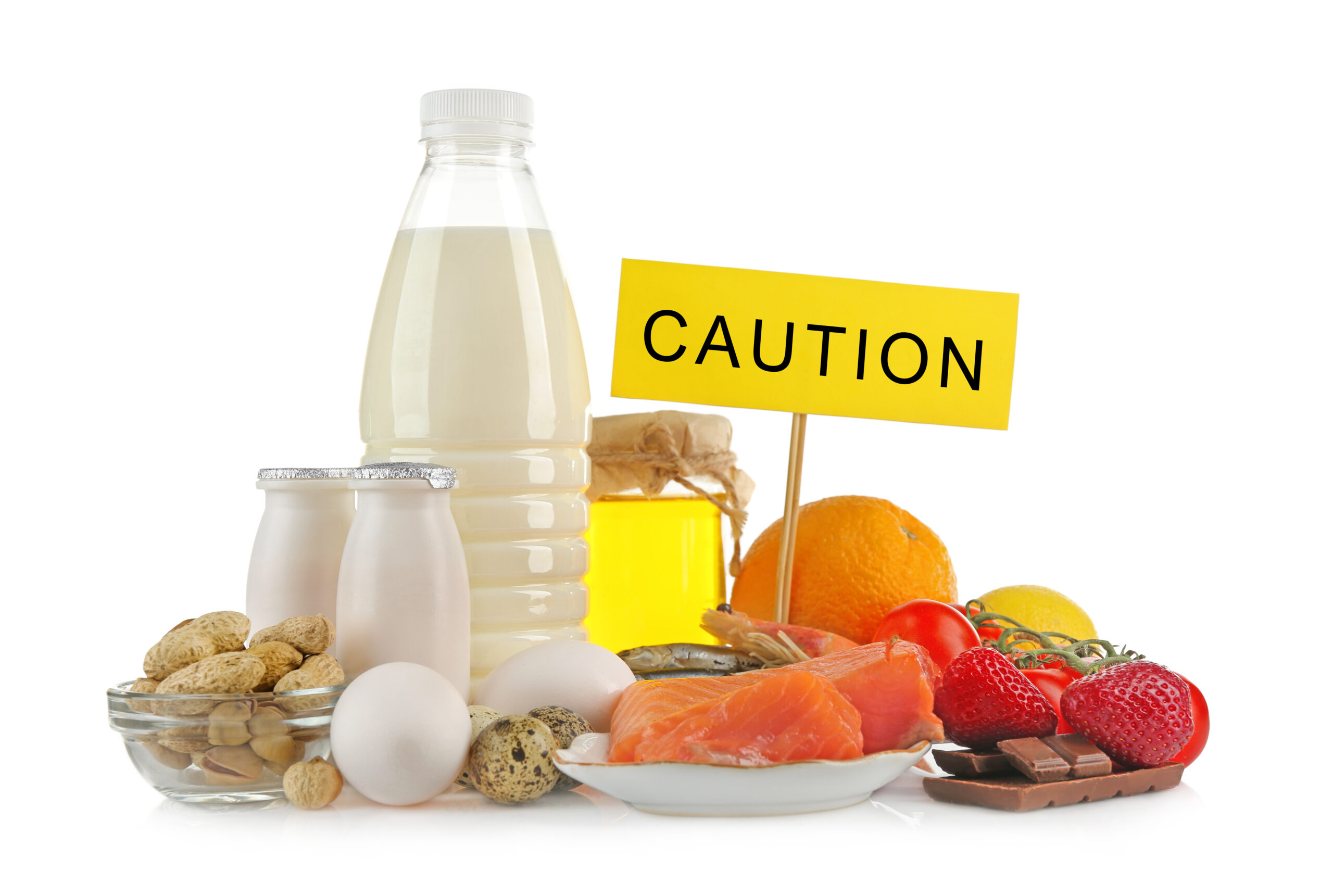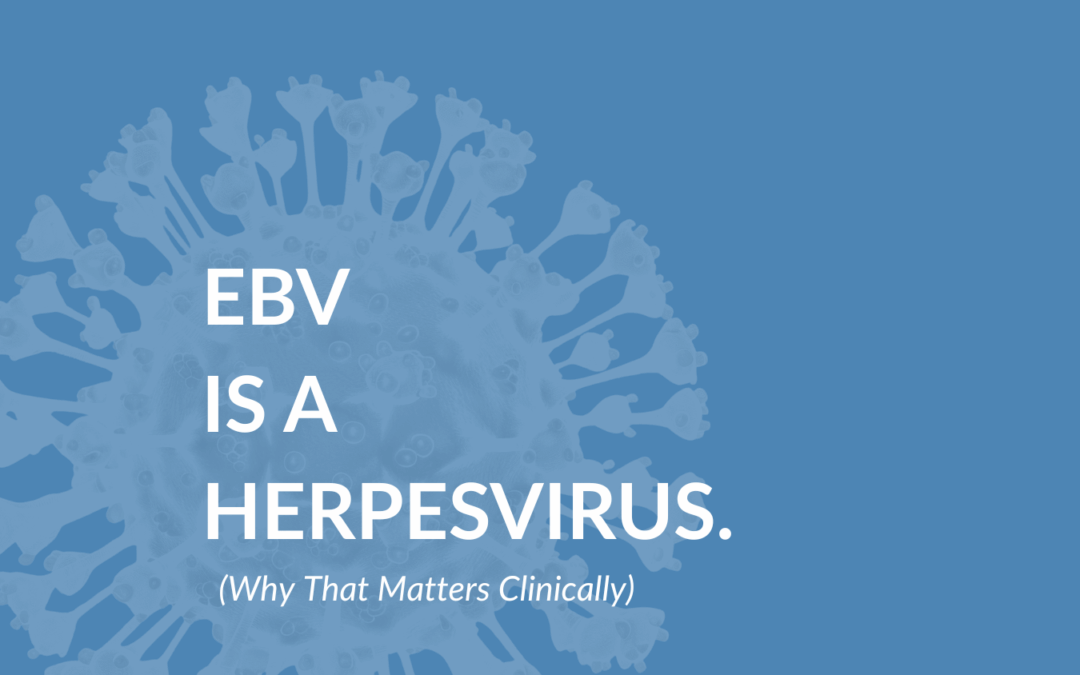How many times have you started a new diet that promises to cure your autoimmune disease? You bought the latest specialist recipe book, watched all the videos, and loaded up your cart with exciting new foods from the health shop.
But do you find:
- Some recommended foods make your autoimmunity flare up?
- You still experience bloating, abdominal pain, and a sudden need for the toilet?
- Despite your best efforts, you find yourself only able to stand a small number of foods?
An autoimmune diet may be more challenging for you because you’ve lost your oral tolerance – a crucial regulation of your immune system. The good news is: you can take steps to regain it.
What Is Oral Tolerance?
Oral tolerance is the term for how your immune system accepts the presence of ‘safe’ food antigens, while still being on high alert for threats such as bacteria, viruses, or parasites. With a healthy oral tolerance, your immune system also tolerates the bacteria that make up your gut microbiome, as your gut-associated lymphoid tissue (GALT) works carefully to filter out harmful allergens, while still letting food particles through your gut wall. Think of it as like the rejection line of a factory – they only want to let the good stuff through to the next stage.
Your gut, immune system and microbiome work together to make food particles acceptable, as your friendly gut bacteria create natural antigens which help dampen down the GALT immune response. When you ingest food, your GALT releases T-reg cells to inhibit T-cell generation and inflammation. T-cells are a type of soldier-cell in the immune system, that usually target specific allergens, but with a healthy oral tolerance, they’re told to stand down.
But oral tolerance isn’t just down to your digestive system. It’s also a systemic function, as food proteins can pass through the body via circulation or your lymphatic system. So it’s crucial for your health that your body maintains its oral tolerance.
In simple terms, the Tolerance mechanism in the body is a chain of immune communication that determines whether or not the immune system is going to react (attack) or not (tolerate). The immune system first has to decide if a protein it’s assessing is ‘self’ or ‘stranger’. And if it’s a stranger is it a friendly stranger or a dangerous stranger. We SHOULD attack a dangerous stranger – eg a virus that causes illness, we should NOT attack our own self tissue, or friendly strangers such as foods, gut bacteria or pollen. So tolerance is a decision that the body makes, rather than a passive baseline setting. Loss of tolerance is at the heart of autoimmune disease. In that instance its loss of self tolerance to a specific tissue or tissues, where that first decision – is this self or stranger, is broken and the immune system cannot recognise the body’s own tissue as self any more. Instead it gets a Stranger Danger message leading to inflammation and tissue destruction. When we struggle to recognise food or the gut bacteria as Friendly Stranger and start reacting to it, this is loss of Oral Tolerance.
What Causes Loss of Oral Tolerance?
When you were born, your oral tolerance was low in order to protect you, and it’s something that increased as you grew older. It’s the reason food allergies are so much more common for children (around 5-8% prevalence). In fact, many common childhood allergies, such as egg or cow’s milk, can go away by your teenage years, as your oral tolerance increases.
When oral tolerance is reduced, certain foods are registered by your GALT as a threat, and the suppression of T-cell activation stops. Specific T-cells are released to deal with the food proteins, and this causes inflammation – often resulting in pain and gastrointestinal symptoms.
Loss of oral tolerance can be caused by:
- Reduced ability to generate T-reg cells – this has been studied in children with food allergies, this can be due to infection, toxic exposure or genetic in some cases.
- Changes in gut microbiome – these changes can be induced by antibiotics or a diet high in fat, or low in fibre. If there’s an imbalance in your gut microbiome, it produces fewer antigens. Low microbial diversity can be caused by low plant diversity in the diet, not eating enough plants or eating only the same few all the time, and this can be a contributing factor to reduced oral tolerance.
- Increased gut permeability and other gut conditions – leaky gut can be down to gut microbiome changes, while any disease that leads to inflammation or damage to the gut wall can lead to loss of oral tolerance.
- Loss of self-tolerance (immunological tolerance) – when you have an autoimmune disease, you lose self-tolerance as your immune system starts attacking healthy tissue. Loss of oral tolerance and self-tolerance are closely entwined.
Reduced oral tolerance is something that quite often sneaks up on people already dealing with autoimmunity – and it can be hard to detect, as symptoms overlap so much with other autoimmunity signs. Oral tolerance and autoimmune disease often feel like a chicken and egg problem – which came first? While it’s highly possible that food sensitivities can lead to an overstimulated, overactive immune system, I recommend avoiding that thought trap. Whether it triggered your autoimmunity or was caused by it, a loss of oral tolerance is a signal that something is systematicallywrong with your digestion and body.
What Autoimmune Diseases Are Linked With Oral Tolerance?
Potentially any autoimmune disease could be linked with a loss of oral tolerance, but there are studies that show certain autoimmunities are entwined with it. If you have one of these autoimmune diseases, it’s crucial you bear this in mind before embarking on a specialised autoimmune diet, such as the Autoimmune Protocol Diet (AIP diet).
Loss of oral tolerance has been linked with the following autoimmune diseases:
- Inflammatory Bowel Disease – it occurs in both ulcerative colitis and Crohn’s disease.
- Coeliac disease – essentially a disease borne directly from loss of oral tolerance if you’re genetically predisposed.
- Eczema – often intertwined with food allergy. While there are a number of factors that contribute, loss of oral tolerance can often cause flare-ups.
- Ankylosing spondylitis (AK) – food allergies and changes to the gut can increase the risk of AK.
- Multiple Sclerosis (MS) – food reactions are associated with flare-ups of MS.
Of course, your flare-ups may have more than one underlying cause, but it’s good to be mindful of oral tolerance, and how losing it can cause issues not only with your digestion. And do remember that different individuals with the same autoimmune disease may be affected in different ways.
How Can I Increase My Oral Tolerance?
While it’s tempting to hit pause on your current autoimmune diet, or start a new one immediately – take your time. Regaining oral tolerance doesn’t happen overnight, and you need to be able to track how your diet relates to any gastrointestinal symptoms or autoimmunity flare-ups.
There is a strong narrative, that food reactions are caused by leaky gut, and so healing a leaky will correct food reactions. And while this is sometimes true, it’s not always true!
My top tips for oral tolerance induction include:
- Reintroducing foods slowly, one at a time. You may need to keep a symptom diary to figure out if each food has an effect. Ideally you want to introduce a new food every 5-7 days. You might need to try very small amounts of some foods for a while as your gut and immune system lear to tolerate it again.
- Try adding in foods you have never eaten before. Look through your local Indian or asian groceries, and if you see something weird or different in your supermarket, grab it and google ways to prepare it.
- Eat a wider range of fresh produce and give your microbiome some love. Fruit and vegetables are key to a healthy microbiome, and can aid your friendly bacteria in producing those important antigens that increase your tolerance. Aim for a minimum of 30 different plant foods per week, however if you have impaired oral tolerance you might need more than 30. Some of my patients eat 70 or even more per week. All herbs, spices, teas and varieties of different foods count. Eg a Red delicious apple, a fuji apple, a Granny Smith apple and a cooking apple count for 4 unique foods, so mix it up for your gut! Keeping the good bacteria happy can also reduce inflammation in your gut. If you find you can tolerate fermented foods, these are great for your microbiome.
- Deal with outside factors. Stress is going to affect your ability to digest food, thanks to the gut-brain connection. Poor sleep can also cause digestion issues. And be mindful of loss of chemical tolerance – this can create a tipping point with oral tolerance loss. If you get headaches from perfume, air fresheners or the smell of gasoline or you are a smoker, then chemical sensitivity could be linked to loss or oral tolerance and you might need some professional support from a Nutritional Therapist or Functional Medicine Practitioner who has experience in this area.
- Functional testing & supplementing accordingly. Without focused testing it can sometimes be very difficult to know your food sensitivities, or if you have any deficiencies that are setting you back. Re-establishment of oral tolerance is easier the more information you have.
Remember, loss of oral tolerance is just one piece of the puzzle. As for whether food sensitivity is making your autoimmunity worse? It’s certainly causing a vicious cycle, and in extreme cases can cause you to cut so many foods out that meal times no longer bring any joy. But it is possible to regain your oral tolerance and feel more satisfied with the food you eat.
Need help in navigating your oral tolerance and improving your life with autoimmune disease? I’m so glad you’re here.
My clinical team and I are here to help you. Featuring a package of detailed consultations, guidance through functional testing, and support through making dietary changes, working with us allows you to take charge of your health in a truly individualised way. We also work on improving your sleep, reducing your stress, and look at changing environmental factors. Your autoimmune disease diagnosis is not the end of your journey. You deserve a new beginning. Click here to learn more.
Like what I have to say and want to hear more? Sign up for my newsletter for monthly information from me including clinic updates, recommendations for podcasts and books that I have enjoyed each month and more.
You may also like to check out my signature course. The Foundations of Health covers all aspects of gut health, nutrition, detoxification, sleep, and mood, in order to get you feeling more like yourself.






